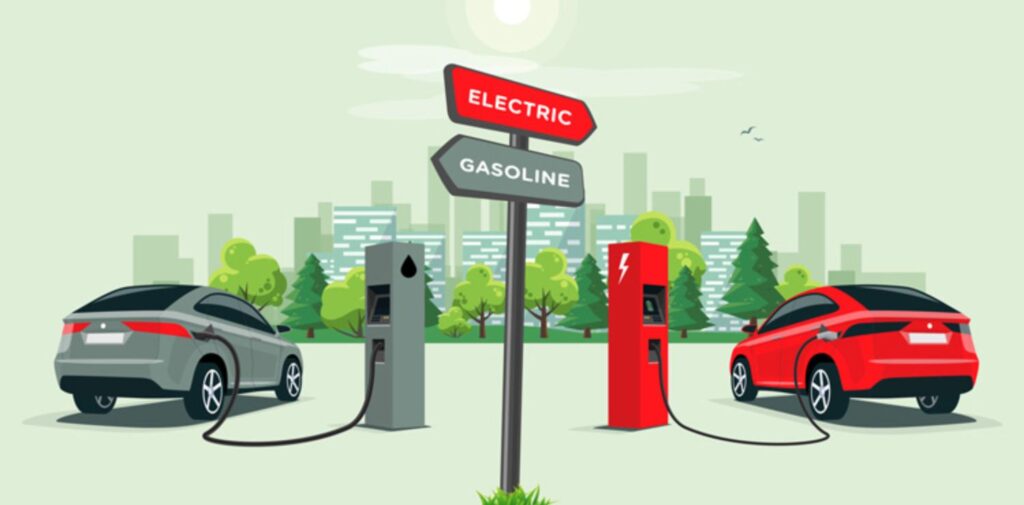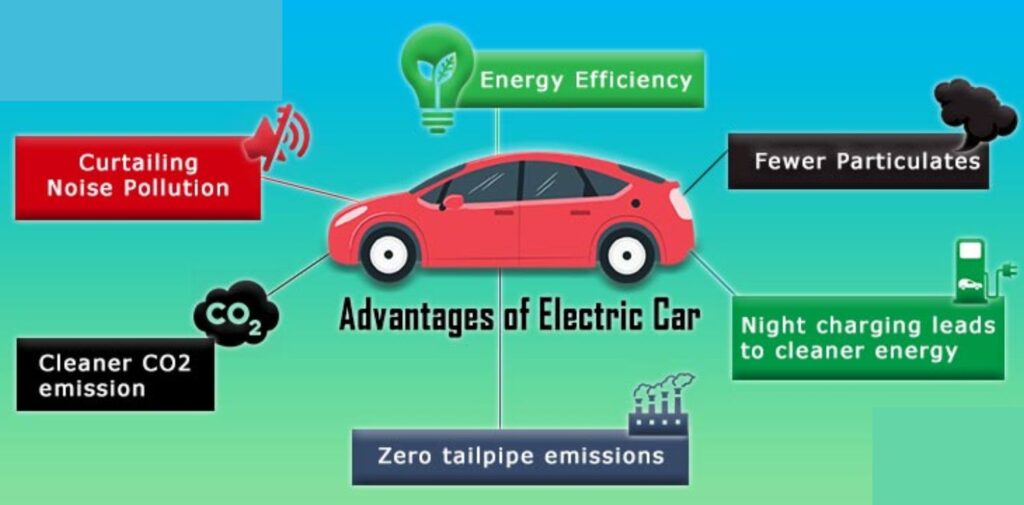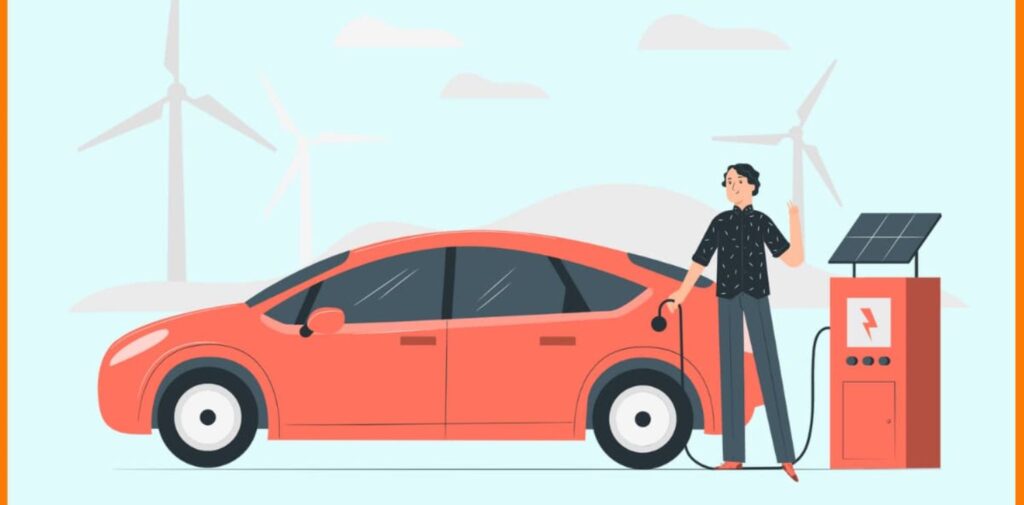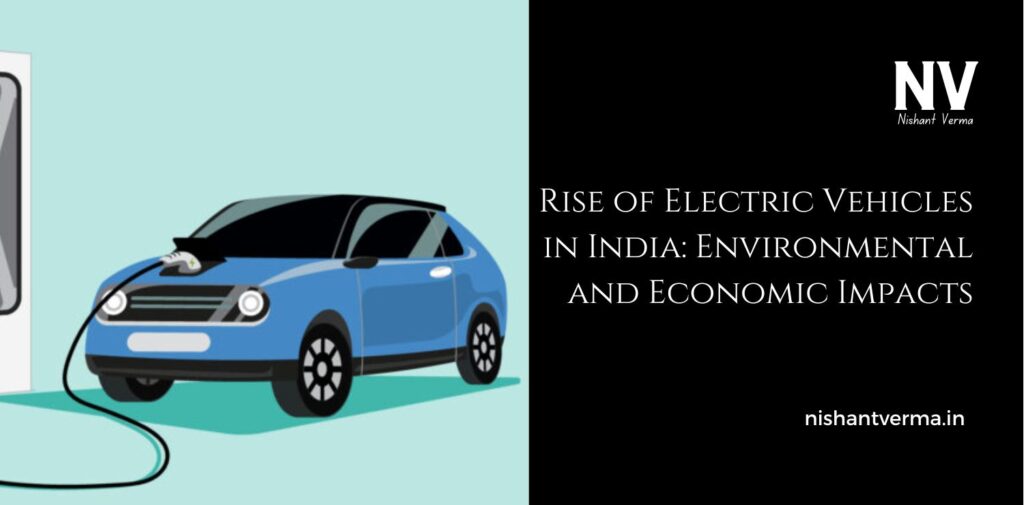In recent years, electric vehicles (EVs) have started becoming more popular in India. With the growing concerns about pollution and the environment, people are turning to electric vehicles as a cleaner and greener alternative to traditional vehicles that run on petrol and diesel. Electric vehicles use electricity as a source of power instead of fossil fuels, which makes them a great option for protecting the environment.
But the rise of electric vehicles in India isn’t just good for the environment. It also brings about many changes in the country’s economy. In this article, we will explore how electric vehicles are helping to protect the planet, save money, and improve the economy of India.
What are Electric Vehicles?
An electric vehicle, or EV, is a type of vehicle that runs on electric power instead of fuel like petrol or diesel. These vehicles are powered by batteries, which store electricity and supply it to the motor that moves the vehicle. EVs come in many forms, from cars to bikes to buses.
In India, the most common types of electric vehicles are electric cars and electric scooters. These vehicles have gained attention because they are considered more eco-friendly than traditional vehicles.

Why are Electric Vehicles Becoming Popular?
There are several reasons why more and more people in India are choosing to buy electric vehicles. These reasons are not only good for the environment, but also have a positive impact on people’s daily lives.
Reducing Pollution
India is one of the countries facing severe air pollution due to the large number of cars, trucks, and buses on the road. These vehicles release harmful gases like carbon dioxide (CO2) and nitrogen oxides into the air, which pollute the environment and harm human health.
Electric vehicles help reduce this pollution because they do not produce any exhaust gases. This means they are much cleaner for the air we breathe, and they can help fight the growing problem of air pollution in cities like Delhi, Mumbai, and Bangalore.
Combating Climate Change
Another important benefit of EVs is that they can help in the fight against climate change. Burning petrol and diesel in cars and factories releases harmful gases that trap heat in the atmosphere, leading to a warming planet. By driving electric vehicles, we can reduce these emissions and slow down the effects of global warming.
India is already feeling the effects of climate change, with extreme weather events like floods, heatwaves, and droughts becoming more common. Switching to electric vehicles is one way we can make a positive impact on the planet and protect our future.
Lowering Dependence on Fossil Fuels
India imports a lot of its petrol and diesel from other countries. This means that India spends a huge amount of money on buying fuel, which affects the country’s economy. Electric vehicles are powered by electricity, which can be produced in India using renewable energy sources like solar and wind power. By using EVs, India can reduce its dependence on imported fuel and focus on using locally available, cleaner energy.

Economic Benefits of Electric Vehicles
Electric vehicles are not only good for the environment, but they also bring many economic benefits. Let’s take a look at how EVs are helping the economy in India.
Creating Jobs
As the demand for electric vehicles grows, there is also a need for more manufacturers, technicians, and engineers to build and maintain these vehicles. This has created new job opportunities in India, especially in the automobile industry. Many companies are now producing electric cars, bikes, and batteries, which means more people are employed in these sectors.
In addition, new jobs are being created in the charging infrastructure industry. As more people use EVs, there is a need for electric vehicle charging stations across the country. This has opened up job opportunities in the installation, maintenance, and operation of these charging stations.
Saving Money on Fuel
Electric vehicles are much cheaper to maintain and fuel compared to traditional vehicles. A car running on petrol or diesel requires regular fuel stops, and fuel prices keep rising. On the other hand, charging an electric vehicle is much cheaper than buying fuel.
In addition, the maintenance costs of EVs are lower because they have fewer moving parts compared to conventional cars. There is less wear and tear on parts like the engine and exhaust system, which reduces the need for repairs. Over time, this can save EV owners a lot of money.
Reducing Import Costs
As mentioned earlier, India imports a lot of fuel from other countries. This puts pressure on the country’s finances. By using electric vehicles, India can cut down on the amount of fuel it needs to import. Instead, India can produce clean energy at home, which will save money in the long run. This can also help improve India’s balance of trade and reduce the country’s dependence on foreign countries for fuel.
Encouraging Innovation and Growth
The rise of electric vehicles has encouraged innovation and the growth of new industries. For example, the demand for electric vehicle batteries has led to the development of new technologies for making longer-lasting and more efficient batteries. Indian companies are investing in research and development (R&D) to build better EV batteries and other important components. This has created a new area of technological growth and helped make India a more competitive player in the global market.
Challenges in the Growth of Electric Vehicles
While the rise of electric vehicles brings many benefits, there are also some challenges that need to be addressed before EVs can become mainstream in India.
High Cost of Electric Vehicles
One of the biggest challenges is the high cost of electric vehicles. Electric cars and bikes are often more expensive to buy than traditional petrol or diesel vehicles. This is mainly due to the high cost of batteries, which are a key part of electric vehicles.
The government of India is offering subsidies and tax incentives to make EVs more affordable, but the prices are still high for many people. As the technology improves and production increases, the prices are expected to come down in the future.
Limited Charging Infrastructure
Although electric vehicles are becoming more popular, there are still not enough charging stations in many parts of India. People are often worried about running out of battery while driving long distances because they may not find a charging station nearby.
To solve this problem, the government and private companies are working to build more charging stations across the country. As the number of charging stations increases, people will feel more comfortable driving electric vehicles.
Battery Life and Disposal
Electric vehicle batteries have a limited lifespan. Over time, they lose their ability to hold a charge and need to be replaced. Recycling and disposing of old batteries is also a challenge, as they contain harmful materials like lithium and cobalt. Proper recycling methods need to be developed to avoid environmental harm.

The Future of Electric Vehicles in India
The future of electric vehicles in India looks very bright. With the government’s focus on clean energy, reducing pollution, and encouraging sustainable growth, electric vehicles are likely to become more common on Indian roads.
As technology improves and costs come down, more people will be able to afford EVs, and the charging infrastructure will continue to expand. The rise of electric vehicles in India is an important step towards a cleaner, greener, and more sustainable future.
Conclusion
Electric vehicles are helping India move towards a cleaner and greener future by reducing pollution, lowering fuel costs, and promoting innovation. The shift to EVs brings both environmental and economic benefits, including job creation and savings on fuel. However, there are challenges like high costs and the need for more charging stations that need to be addressed.
As India continues to embrace electric vehicles, we can look forward to cleaner air, a stronger economy, and a brighter future for all.




